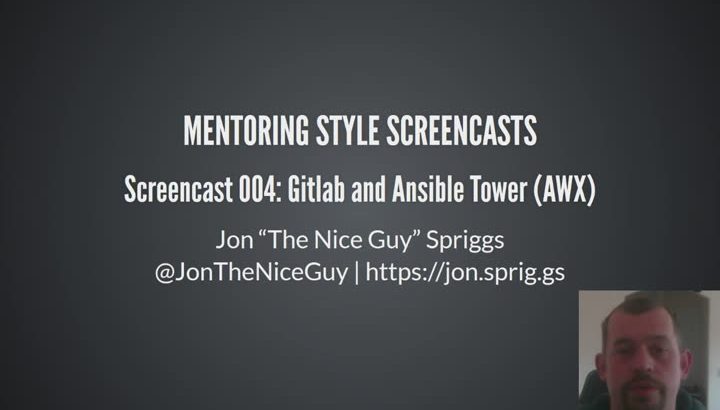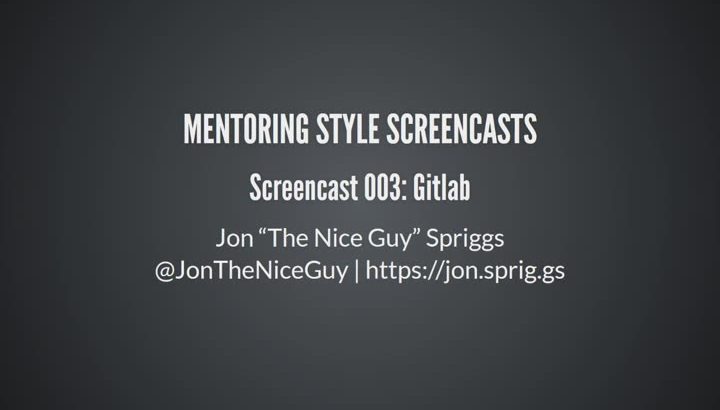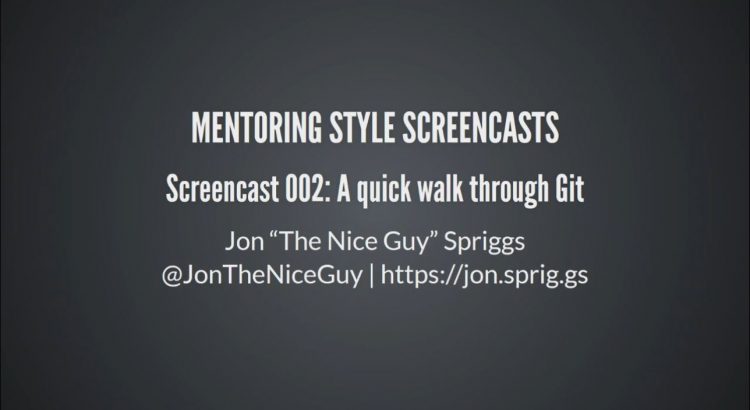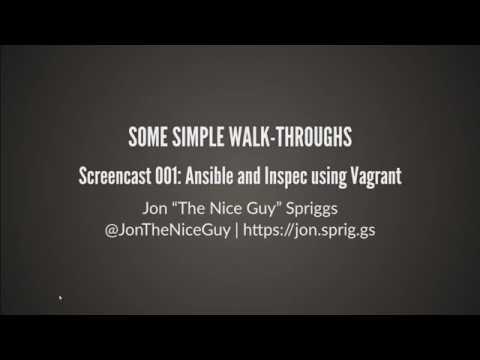If you’ve ever wondered how I use Ansible and Inspec, or wondered why some of my Vagrant files look like they do, well, I want to start recording some “mentor” style videos… You know how, if you were sitting next to someone who’s a mentor to you, and you watch how they build a solution.
The first one was released last night!
I recently saw a video by Chris Hartjes on how he creates his TDD (Test driven development) based PHP projects, and I really wanted to emulate that style, but talking about the things I use.
This was my second attempt at recording a mentoring style video yesterday, the first was shown to the Admin Admin Podcast listeners group on Telegram, and then sacrificed to the demo gods (there were lots of issues in that first video) never to be seen again.
From a tooling perspective, I’m using a remote virtual machine running Ubuntu Mate 18.04 over RDP (to improve performance) with xrdp and Remmina, OBS is running locally to record the content, and I’m using Visual Studio Code, git, Vagrant and Virtualbox, as well as Ansible and Inspec.
Late edit 2020-02-29: Like videos like this, hate YouTube? It’s also on archive.org: https://archive.org/details/JonTheNiceGuyScreencast001
Late edit 2020-03-01: Popey told me about LBRY.tv when I announced this on the Admin Admin Podcast telegram channel, and so I’ve also copied the video to there: https://lbry.tv/@JonTheNiceGuy:b/Screencast001-Ansible-and-Inspec-with-Vagrant:8



